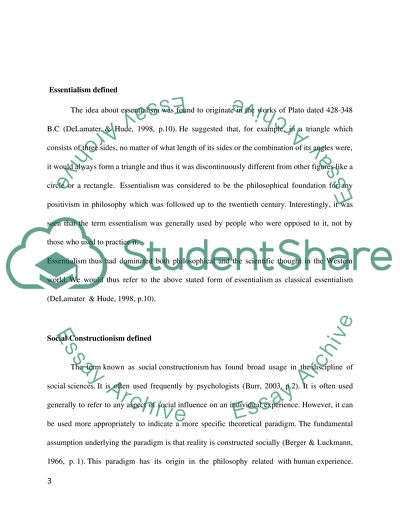Cite this document
(“Discuss the Role of Language in Relation to the Construction of Social Essay”, n.d.)
Discuss the Role of Language in Relation to the Construction of Social Essay. Retrieved from https://studentshare.org/sociology/1455736-discuss-the-role-of-language-in-relation-to-the
Discuss the Role of Language in Relation to the Construction of Social Essay. Retrieved from https://studentshare.org/sociology/1455736-discuss-the-role-of-language-in-relation-to-the
(Discuss the Role of Language in Relation to the Construction of Social Essay)
Discuss the Role of Language in Relation to the Construction of Social Essay. https://studentshare.org/sociology/1455736-discuss-the-role-of-language-in-relation-to-the.
Discuss the Role of Language in Relation to the Construction of Social Essay. https://studentshare.org/sociology/1455736-discuss-the-role-of-language-in-relation-to-the.
“Discuss the Role of Language in Relation to the Construction of Social Essay”, n.d. https://studentshare.org/sociology/1455736-discuss-the-role-of-language-in-relation-to-the.


